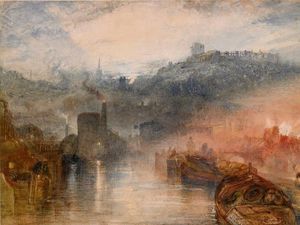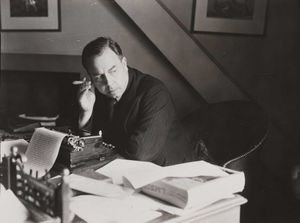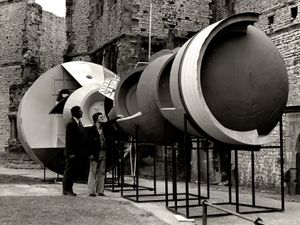The Black Country: Proud region has split opinion for centuries
It seems the Friederich Engels didn’t think much of Willenhall. The famous Marxist philosopher considered the child workers in the town’s factories were both uneducated and devoid of morals when he visited during the 1840s.

He said: “They were so little capable of thinking of what they said, so stolid, so hopelessly stupid, that they often asserted they were well treated, that they were coming on famously, when they were forced to work 12-14 hours, were clad in rags, did not get enough to eat, and were beaten so that they felt it several days afterwards.”
What the young workers thought of Engels, of course, is not known. History tends to be told by the wealthy, the educated and the powerful, as Engels would no doubt have attested to.
Engels’ adventures in the lock-making capital forms one of 50 accounts in Brendan Clifford’s new book, The Black Country, 500 Years in 50 Voices.

Beginning with 16th century antiquarian, historian and topographer John Leland, and ending with Wolverhampton-born journalist and broadcaster Sathnam Sanghera, the book looks at the region through luminaries spanning half a century.
Brendan, who is from Warley, is editor of the Black Country Society’s magazine The Black Countryman. He says the idea for the book first came about when he read of the Impressionist painter JMW Turner’s time in Dudley.

“You hear a lot about what Charles Dickens thought, and Queen Victoria, but I began to wonder who else had visited the Black Country, and what they made of it,” he says.
Some, such as Abraham Lincoln’s man in the English Midlands, Elihu Burritt, found the region with its red-glowing skies and dynamic new industries and exciting place to be in the 19th century.

Others, such as Engels and the playwright JB Priestley, saw only negativity and despair.





